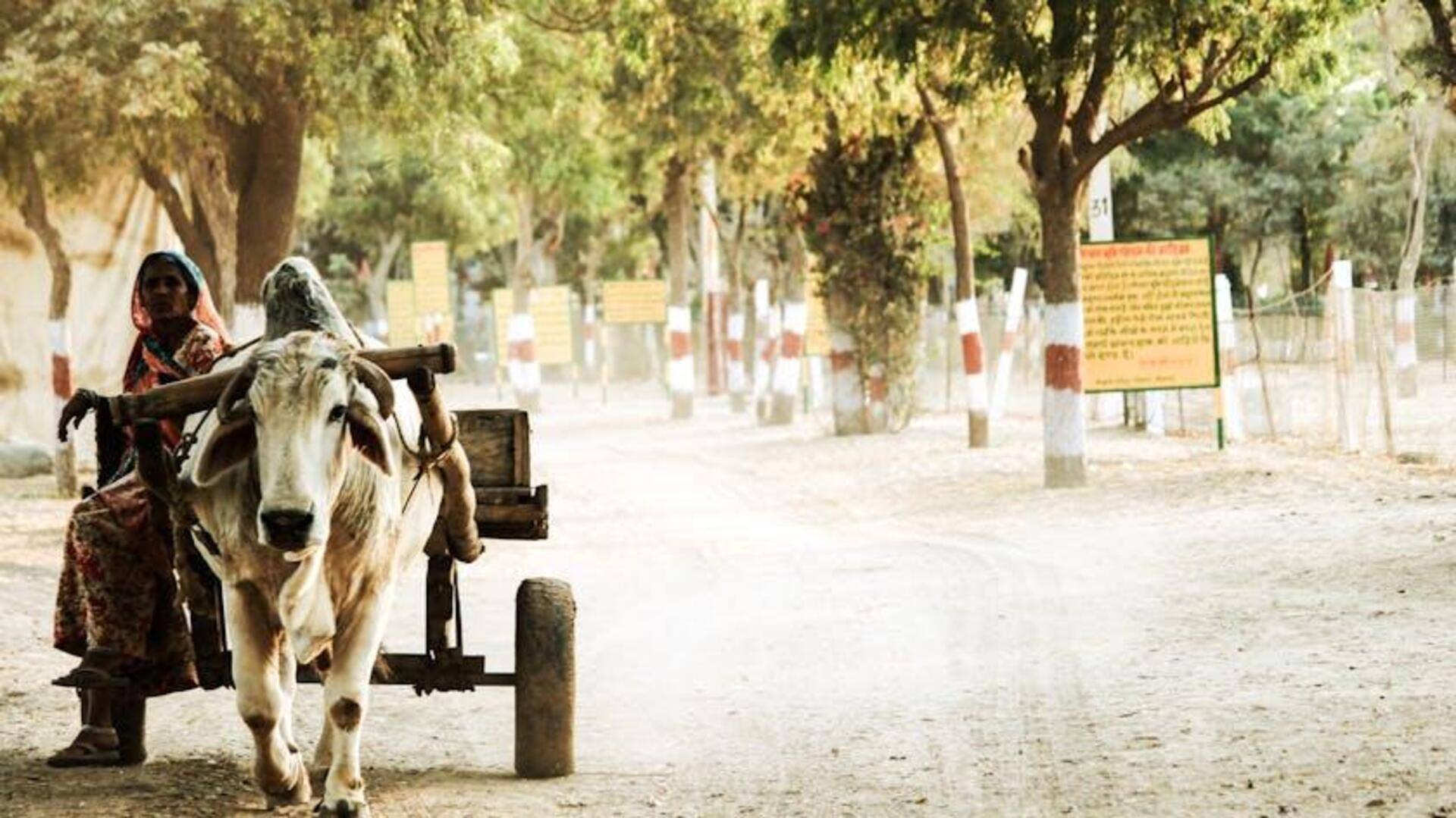
Know how micro-health insurance is saving lives in rural India
What's the story
Micro-health insurance is a financial shield for rural Indians, providing affordable premiums and simple policies. It strives to ensure that everyone can access healthcare, regardless of their economic situation. This article delves into the crucial aspects of micro-health insurance, empowering rural Indians with the information needed to safeguard their families.
Fundamentals
The basics of micro-health insurance
Micro-health insurance collects small premiums from a large community, providing coverage for medical expenses in case of illness or accidents. With premiums ranging from ₹50 to ₹500 per month, it is designed to be affordable. It covers outpatient visits, hospitalization, maternity care, and even pre-existing conditions after a certain waiting period. This makes it a viable option for those who may not have significant financial resources.
Joining made easy
Enrollment process simplified
Signing up for a micro-health insurance policy is super easy. You can enroll through local NGOs, self-help groups, or directly with insurance companies that have outreach programs in rural areas. You don't need a ton of paperwork - usually just an ID proof and a photograph. Some plans even let whole communities or groups of workers join under one policy. That's what we call strength in numbers!
Claims simplified
Claim process demystified
The claim process in micro-health insurance is designed to be hassle-free and fast, ensuring policyholders get funds quickly during emergencies. Policyholders only need to submit basic paperwork - usually just the hospital bills and a claim form. And, in some cases, insurers have agreements with hospitals in rural areas for cashless treatment. This means the insurer pays the bills directly to the hospital, further reducing out-of-pocket costs for the insured.
Spreading knowledge
Importance of awareness programs
Understanding micro-health insurance is key to its success and adoption in rural communities. Insurers frequently hold education programs in partnership with local bodies to demystify these policies, explaining their benefits and how they work in simple, relatable terms. These programs break down misconceptions about insurance being too expensive or unnecessary, and drive enrollment by highlighting real-life success stories of how insurance has benefited others in the community.
Decision making
Choosing the right plan
Choosing the right micro-health insurance plan involves knowing your healthcare needs and comparing different policies' features, including coverage limit, premium amount, waiting period for pre-existing diseases, etc. It's highly recommended for individuals or groups to seek advice from health workers or representatives from NGOs. They can direct you to plans that meet your needs without causing financial stress.